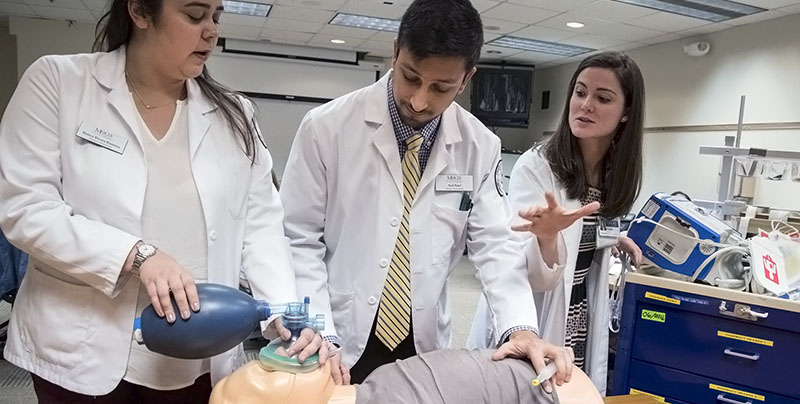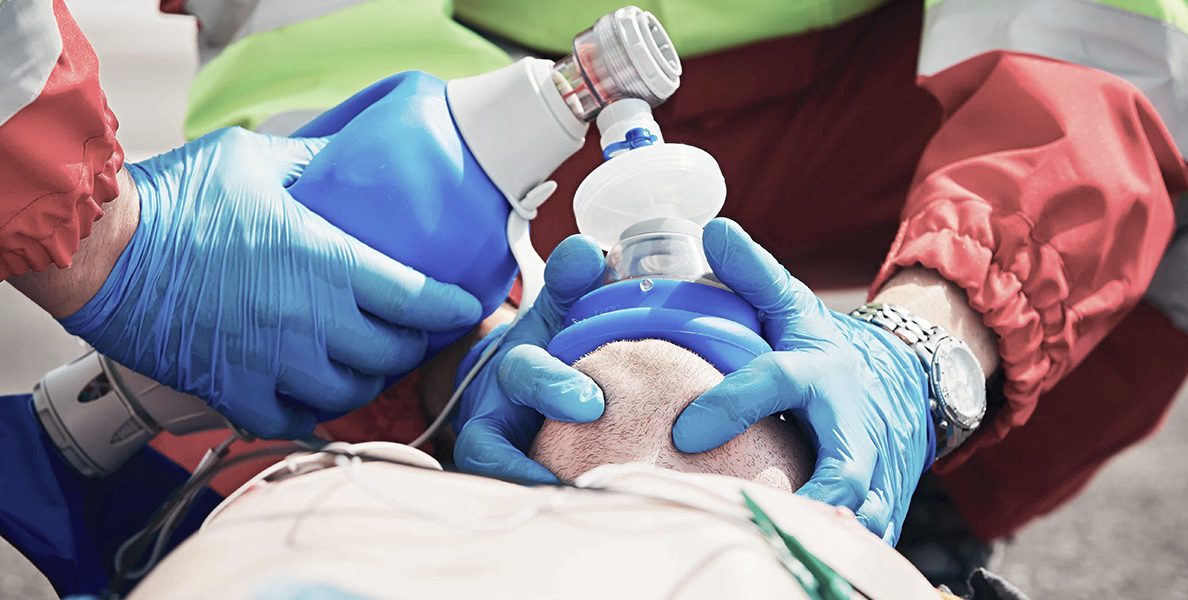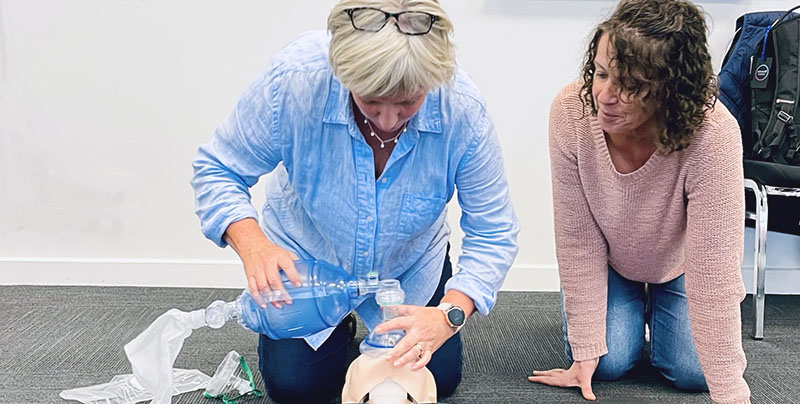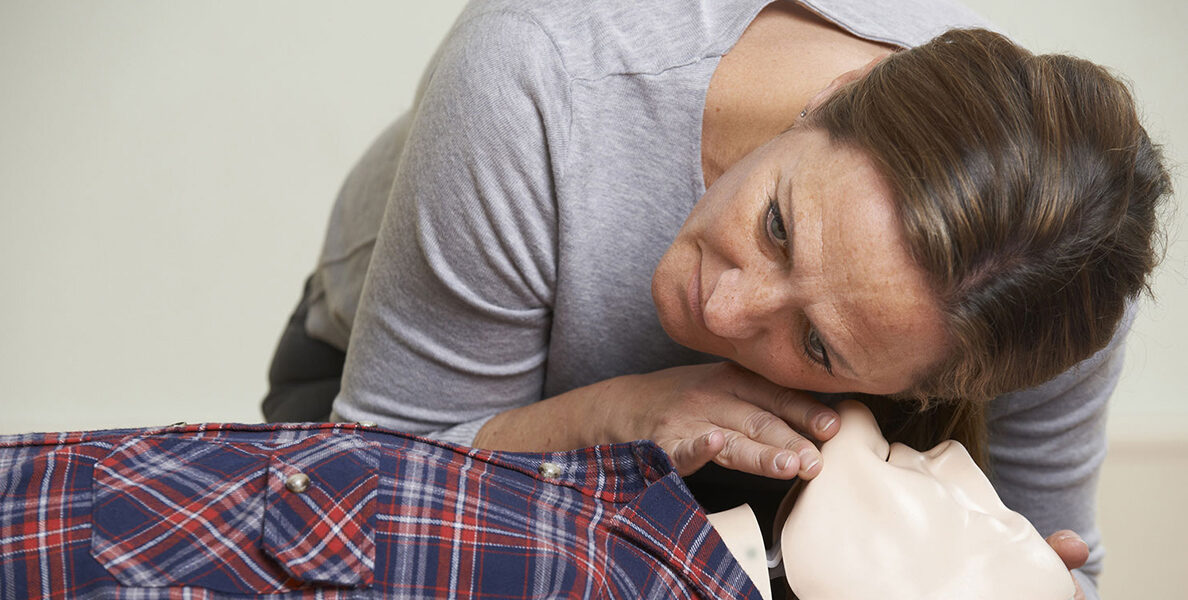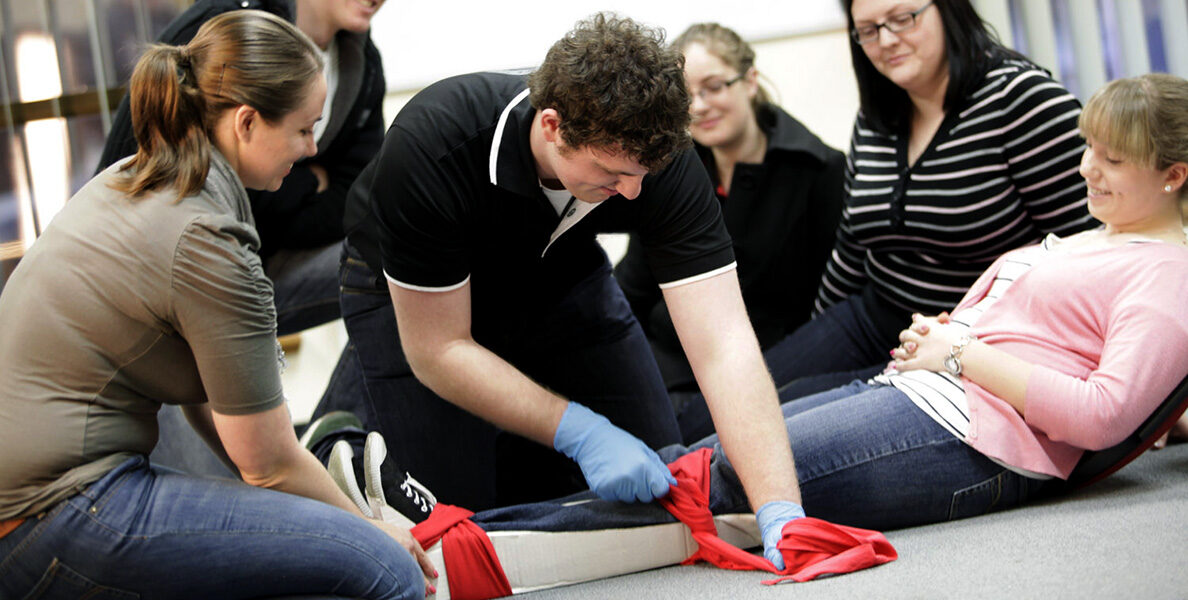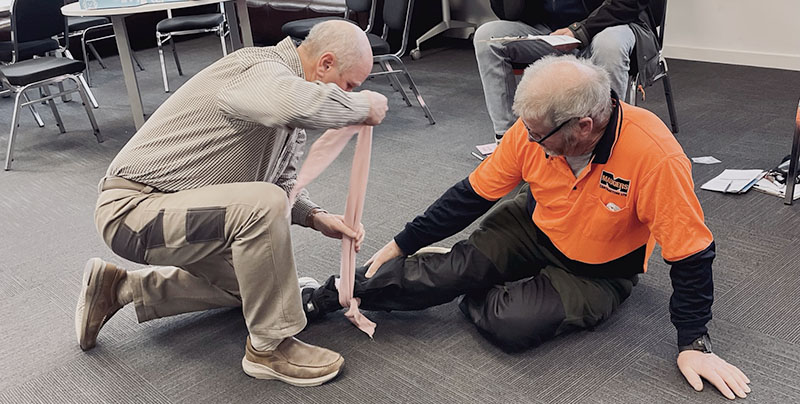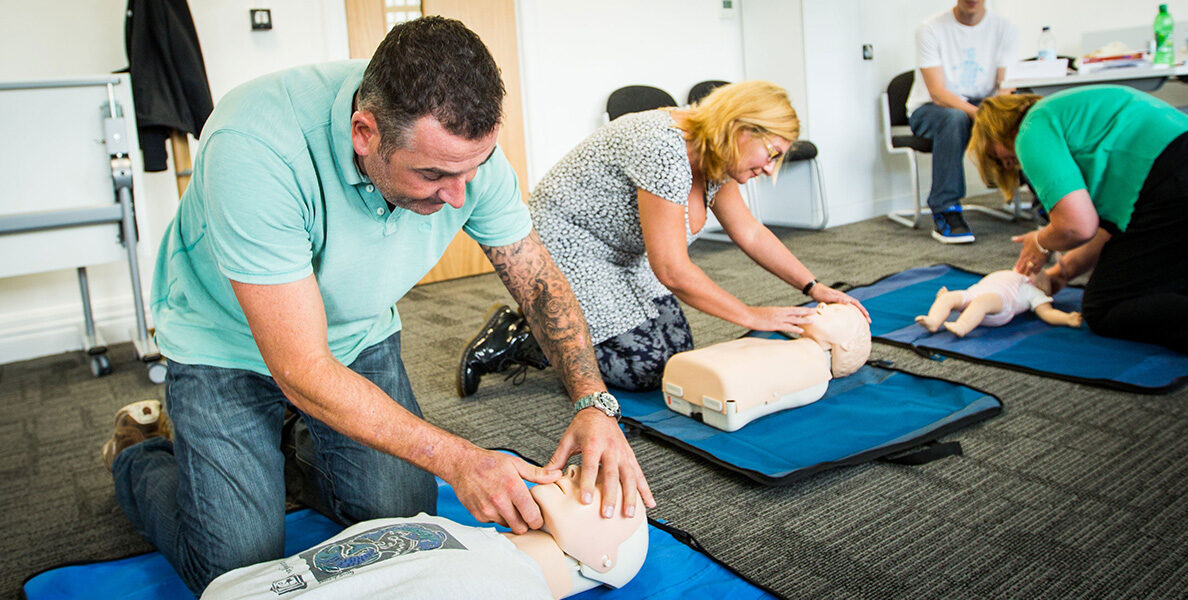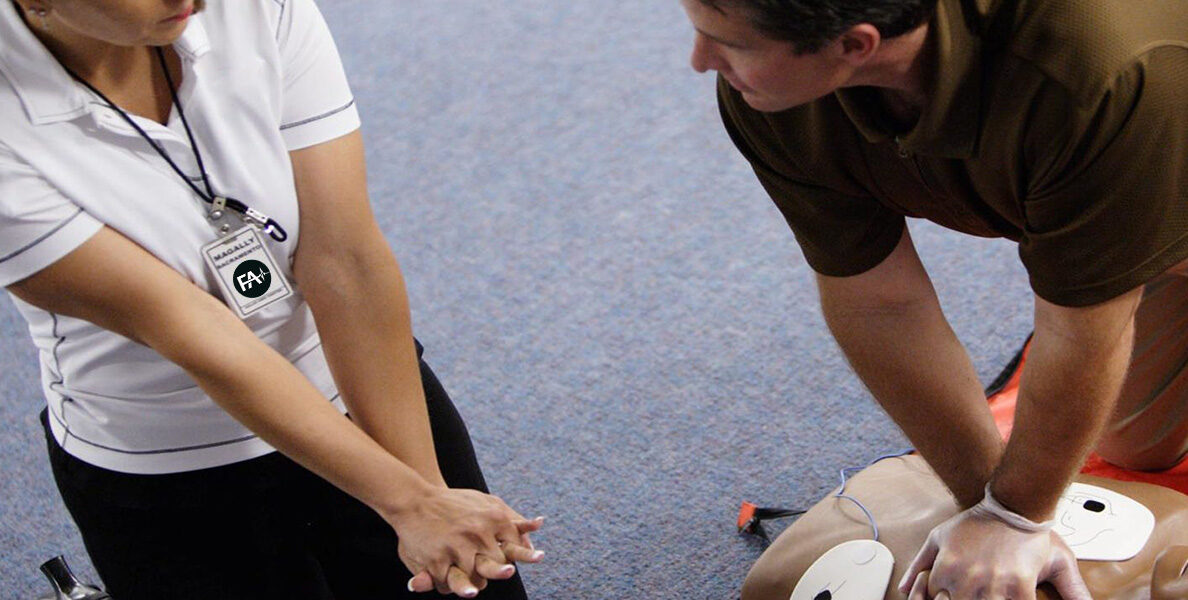PURPOSE
This 4-hour non-assessed course aims to refresh learners’ skills, knowledge, and confidence in providing advanced resuscitation in emergencies. It emphasises practical skills in an interactive learning environment.
RECOMMENDED FOR
This course is equivalent to the CORE Immediate programme (previously known as the Level 4 resuscitation course or CPR level 4/5) and recommended for health professionals, including GPs and fellows (who do not need an assessed course), nurses, dentists and other oral health practitioners who are not performing sedation, radiographers, physiotherapists, chiropractors, and other non-clinical staff.
The Advanced Resuscitation (ACLS) course meets the Dental Council Medical Emergencies Practice Standard requirements.
This ACLS course meets the requirements of Appendix 4.4 of the 2025 v1 Immunisation Handbook for Vaccinators. However, pre-course learning will be required. We recommend looking at the Vaccinator CPR 3-hour course, designed explicitly for authorised and pharmacist vaccinators.
ADVANCED RESUSCITATION COURSE
The programme contains theory and practical scenarios covering the following topics:
- Collapse management
- Basic resuscitation (adult, child and infant)
- Automated external defibrillator (AED)
- Foreign body airway obstruction
- Advanced resuscitation techniques (adult)
- Use of oxygen in cardiac arrest
- Basic airway adjuncts
- Drugs in cardiac arrest
- Management of Anaphylaxis (recognition, pharmacology, IM)
This ACLS course is based on current ANZCOR guidelines and presented by New Zealand Resuscitation Council-certified instructors. It ensures all participants receive the most up-to-date and practical resuscitation skills and techniques.
PREREQUISITES AND REQUIREMENTS
The course is suitable for those who are familiar with and understand Basic Life Support and are trained in a healthcare-related profession.
Before attending the training, learners are expected to acquire the necessary theory by completing Self-directed online education, which should ideally be completed at least one week before the course.
The classroom session transitions directly into both summative and formative practice. Each skill station begins with the instructor demonstrating the required standard, followed by a practice or tutorial period.
Important note: This course does not replace the workplace-compliant training or the required biannual workplace first aid recertification.
Designated workplace first aid providers must comply with WorkSafe New Zealand requirements regarding first aid competency. They must generally maintain their workplace first aid qualification through Work Safe First Aid or regular bi-annual First Aid Refresher courses.
A CPD number for the PDA record will be provided to NZDA members.
This course is approved as a CPD activity by the RNZCGP and RNZCUC.
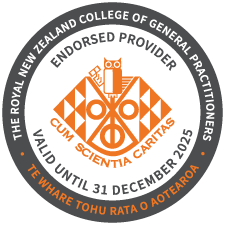
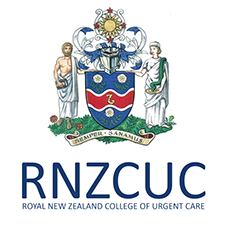
COST
The price includes a First Aid Manual book: $250 incl. GST per person
Group booking: $1750+GST for up to 10 people
The course requires a minimum of 4 participants. It may be deferred or cancelled if there are fewer than 4 participants.
If you would like us to provide a quote, please email group@firstaidcompany.nz or call 0800 12 13 20, and one of our specialists will be in touch with you.
ADDITIONAL RESOURCES
- Advanced Resuscitation (ACLS) eLearning portal
- ANZCOR Advanced Life Support Protocols (PDF)
- Dental Council Medical Emergencies Practice Standard (PDF)
*Dentists and other oral health practitioners are encouraged to read the New Zealand Dental Council Medical Emergencies Practice Standard, including Appendix A: Medical emergency situations: specific responses and Appendix B: Emergency situations – Quick reaction guide.
Regular CPR training is paramount for all medical professionals, including doctors, GPs, nurses, dentists, and healthcare practitioners. Although most medical professionals are familiar with resuscitation protocols, many do not operate in acute care or clinical settings.
Skills can fade without regular exposure to emergencies, compromising the ability to respond effectively when needed.
ACLS (Advanced Cardiovascular Life Support) classes offer a vital opportunity to refresh and practice CPR techniques, ensuring proficiency remains sharp. Medical professionals can adeptly intervene in critical situations by maintaining up-to-date knowledge of CPR protocols and continually refining their skills through consistent training.



